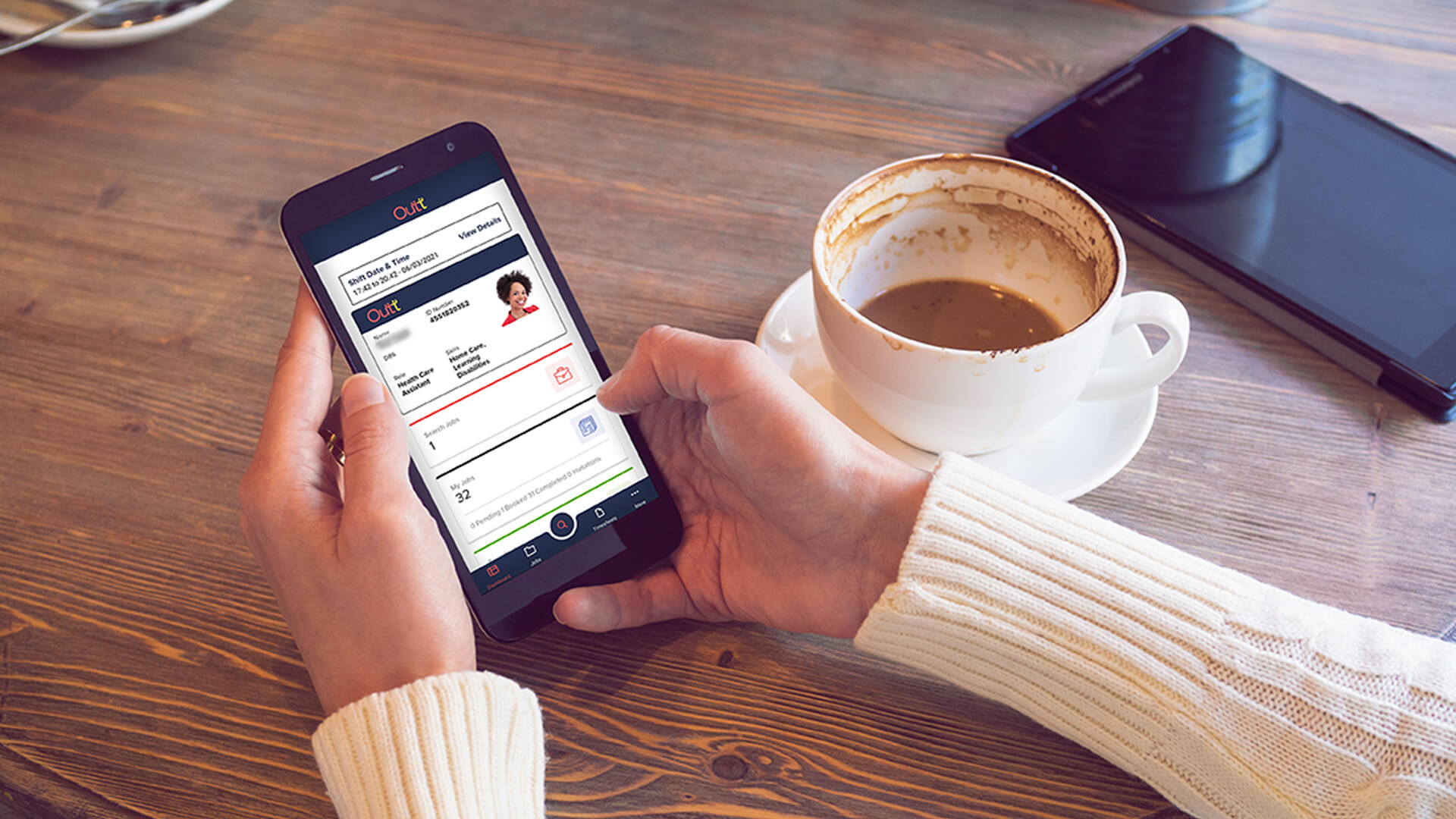Digital communications and technology have become a familiar part of our daily lives. From FaceTime calls to virtual Zoom meetings, on-demand TV and location tracking, we have never had such instant global accessibility.
While mobile providers battle to bring out the newest, fastest, most advanced smartphones, other extraordinarily valuable uses for these technological developments are profoundly changing the way we deliver care, support services and medical treatments.
Here we’ll explore five ways that technology is revolutionising the UK healthcare sector – in ways you might not expect!
1. Care Data Developments
Data is one of the most valuable assets to almost any organisation. It is traded at high prices within the commercial world, with new legislation such as GDPR required in recent years to manage how personal information is recorded, stored and processed.
One of the positive outcomes of this transformation of data uses is in care.
Having immediate access to comprehensive patient data empowers carers and medical staff to improve the speed at which they can make a diagnosis, provide treatments, and administer medication with a complete overview of the patient’s healthcare record.
Organisations such as Fusion eCare are at the forefront of this area of growth, developing apps and care management software that can:
- Record real-time data.
- Instantly update medical records.
- Operate on tablets and mobiles.
- Be accessed remotely by any authorised user.
- Store data in the cloud for information security.
It’s vital never to underestimate the value advanced data management systems bring to care homes, clinics and hospitals.
Nurses and social care workers are all used to making fast, autonomous, and often life-saving decisions. If they have all the information they need at the tips of their fingers, they have the right resources to make sound judgments for their patients’ wellbeing.
2. Healthcare Staffing Technology
Care staff vacancies and staff retention is an ongoing challenge. This was especially highlighted with keyworker support during the pandemic, highlighting care homes and support charities. The need to engage with skilled candidates and potential applicants on a last-minute basis has never been more in demand.
OUTT.com is a jobs marketplace offering placements, urgent shift requirements and an advertising portal for temporary vacancies, with benefits for both parties.
This app directly connects employers with a large pool of qualified candidates to ensure a faster, more efficient and ultimately more cost-effective process.
These applications have transformative effects on social care organisations:
- Reducing agency spend.
- Improving response times for urgent shift cover.
- Removes the need for traditional staffing agencies.
- Flexible working, with assignments from as little as a single shift.
- Faster process for candidates to accept placements.
- Connecting local care employers with quality staff.
- Reducing the time and expense of vetting candidates.
- Cutting down on time pressures to manage physical paperwork.
- At the same time, keyworkers are paid more!
Another positive effect is that, in managing staffing recruitment digitally, care facilities can also produce environmental benefits by moving their processes online, eliminating paper waste, and the risk of virus contamination when documents pass through multiple sets of hands.
Outt.com is open now for experienced care worker registrations. Find out more by visiting www.outt.com/join-outt
3. Personal Health Tracking Technology
Wearable tech has come a very long way in the last few years. Some of the (many!) examples include:
- Apple smartwatches
- Whoop fitness trackers
- Fitbit watches and bands
- Mobile step counters
Personal health technology is becoming commonplace and does something remarkable – it makes the wearer responsible for managing their own health.
Not only are we more aware of spikes in our heart rates, sleep performance, calories burned, and activities per day, but also wearable technologies provide innovations that can have a direct impact on clinical decision-making.
For example, noticing a potential health concern early on might reduce the cost of care, be used to support patient rehabilitation, and identify early warning signs that medical intervention is required.
4. Virtual Reality in the Clinical Sector
Virtual reality (VR) is so much more than an exciting and immersive way to play games. It is also of phenomenal benefit to the surgical and clinical sectors.
There is little more essential to surgical training than seeing real-life scenarios unfold. VR can share groundbreaking interventions, complex operations and innovative technological treatments with peers and colleagues worldwide.
It also has applications in patient support, enabling surgeons and doctors to demonstrate through virtual 360° modelling what is involved in a recommended surgery. This results in:
- Better patient understanding.
- Improved confidence in the procedure.
- The ability to ask questions and explore alternatives.
- Enhanced satisfaction with surgical outcomes.
Explaining planned treatments through an understandable medium is key to doctor/patient communications. Virtual reality is a unique way to break down medical terms to help patients maintain better control over their healthcare.
5. Robotics in Medicine
Finally, robotics is another technological advancement that will change forever the way hospitals, surgeries and care organisations operate.
Many of us have seen footage of skilled robotics used in fields such as keyhole surgery and prosthetics.
Robotics can be used during surgeries, with experienced surgeons controlling the instruments via joysticks or control panels – this not only improves the accuracy of delicate operations but enables surgeries to be less invasive, with fewer risks, potential complications, and a faster recovery time.
However, there are other equally powerful applications.
Disinfectant robots, for example, are one asset that ensures hospitals remain clinically safe so that medical teams can focus on delivering their skills directly to patients, reducing the time required for routine tasks.
There is no doubt that technological advancements have the potential to improve every aspect of healthcare distinctly.
From making procedures safer, helping medical personnel make faster decisions, and equipping the doctors, nurses and carers we rely on to deliver exceptional care, supported by the latest digital developments.

















